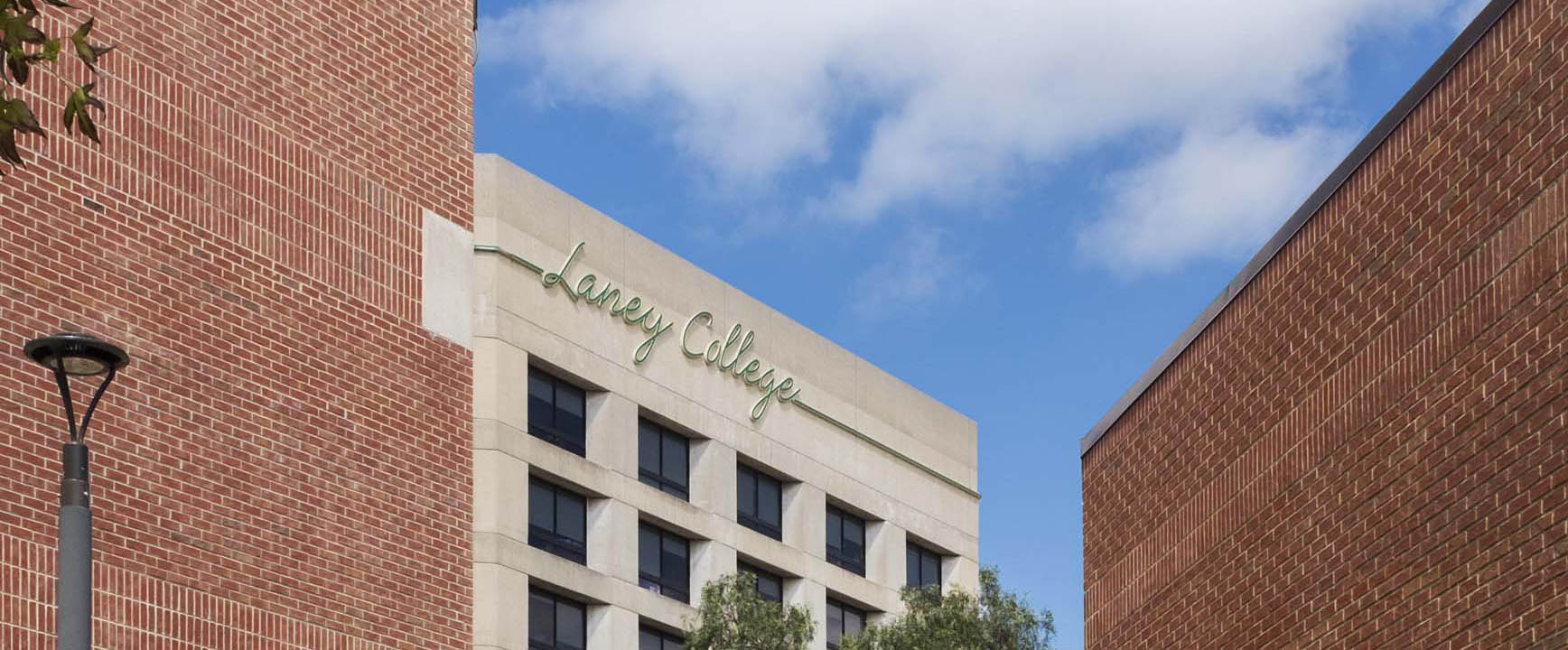Introduction:
The goal of this course is to introduce students to the study of human nutrition. After a quick introduction into nutritional science and dietary guidelines, the class will explore the roles different chemicals in our food provide for our bodies. Those chemicals include carbohydrates, lipids (including trans fats) proteins, vitamins (including supplements) minerals, and phytochemicals. The second half of the class will examine different diets at for different stages and lifestyles and how to improve your own diet. The class will also explore current nutrition issues such as food sustainability, malnutrition (both over and under nutrition)
By the end of the course, students will be equipped to make informed decisions about nutritional health and be able to plan a diet that meets not only their nutritional needs but their ethical needs as well(For instance, vegetarianism).
We will be using the following book. It is a custom made book for Laney College. The chapters on minerals have been combined and made more interesting in this book than in a book that you would buy from Amazon.com.
Information:
Text book:
The official textbook for the class is Hewlings and Medeiros : Nutrition: Real People RealChoices. However, I will not assign any assignments from it.
If you want to buy the text book still, the book store has a custom edition where 2 chapters have been condensed. Since I do not plan to assign any assignments from the book, it is OK if you buy it from Amazon.com. There are changes from the first to the second edition in terms of the case studies the book presents. However, since the difference the second edition is 120 dollars more than the first, it is OK to still buy the first edition. (The first edition is currently 10 dollars). I do not require summer students to get the book since it often comes late in the term
- Human Nutrition: Real People Real choices First Edition 0130612243
- Human Nutrition:Real People Real Choices Second Edition 978-0757579035
Summer 2016
I will be teaching 1 section of nutrition are fully online for the summer of 2016. there will be no class meeting and tests will be done online. Students will receive instructions about what to expect the week before class starts sent to their student e-mail account . This account can be accessed through passport. wait isted students will also be e-mailed there.
This class is a 3 unit class. The face to face class would meet 4 days a week for a total of 10 hours a week with the expiation that you study an addition 10-20 hours a week outside of class.
I have kept with the face to face format (lessons Monday -Thrusday) with on-line case studies and discussions due Sunday Night. The lessons are supposed to be in the form of online “books” however, I also have PowerPoint files with audio. Even though I have “lessons for you each day, the class is fairly open ended with only hard deadlines for test dates, the case studies/discussions and the 4 assignments.
Syllabus syllabus-summer-16
Overview Video:Over view video Summer Nutrition
Fall 2016
My human nutrition classes for fall is a both fully on line class. The format of the class will change slightly from the traditional face to face format. Each week students will have a topic to study. For the given topic students will be given on line content to study in the form of podcasts, videos, and instructor written notes. (I will also give you access to my summer school PowerPoint Notes). There will then be at least one assignment to complete as well as on line discussions and case studies. You will also have the 3 large assignments that the traditional lecture classes have. In addition to assignments, occasional quizzes and exams will be given to judge retention.
Please be aware that on-line classes are as much work if not more than a class you attend. Many students go into on-line classes thinking that they will be easy or require no work. That is not the case.
Syllabus: This is the working draft of the syllabus for students thinking about
enrolling. Bio-28-syllabus-polos-fall-2016
Link to overview Video
On Line course content.
The Peralta colleges use Moodle as their student interface. OnMoodle, you will find the case studies, the discussion boards, and review questions. In addition, you will find PowerPoint lecture notes there too. The current way to address the site is eperalta.org/semesteryear where semester is the current semester (fall, spring, or summer) and year is the current year (2016, 2017, etc)
Other Resources
http://www.nal.usda.gov/fnic/etext/000108.html Links to websites that deal with RDA, Guidelines, and tips.



